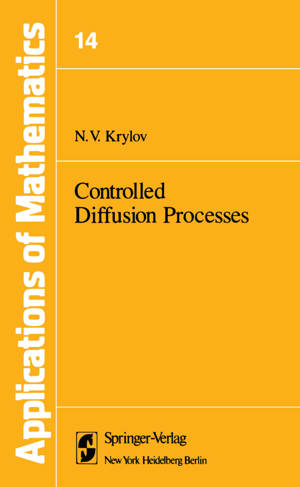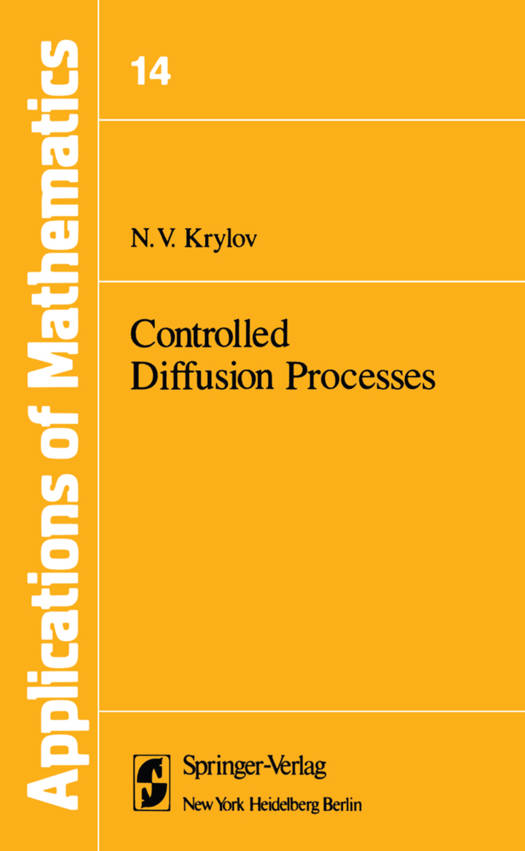
- Afhalen na 1 uur in een winkel met voorraad
- Gratis thuislevering in België vanaf € 30
- Ruim aanbod met 7 miljoen producten
- Afhalen na 1 uur in een winkel met voorraad
- Gratis thuislevering in België vanaf € 30
- Ruim aanbod met 7 miljoen producten
Zoeken
Omschrijving
Stochastic control theory is a relatively young branch of mathematics. The beginning of its intensive development falls in the late 1950s and early 1960s. During that period an extensive literature appeared on optimal stochastic control using the quadratic performance criterion (see references in W onham [76J). At the same time, Girsanov [25J and Howard [26J made the first steps in constructing a general theory, based on Bellman's technique of dynamic programming, developed by him somewhat earlier [4J. Two types of engineering problems engendered two different parts of stochastic control theory. Problems of the first type are associated with multistep decision making in discrete time, and are treated in the theory of discrete stochastic dynamic programming. For more on this theory, we note in addition to the work of Howard and Bellman, mentioned above, the books by Derman [8J, Mine and Osaki [55J, and Dynkin and Yushkevich [12]. Another class of engineering problems which encouraged the development of the theory of stochastic control involves time continuous control of a dynamic system in the presence of random noise. The case where the system is described by a differential equation and the noise is modeled as a time continuous random process is the core of the optimal control theory of diffusion processes. This book deals with this latter theory.
Specificaties
Betrokkenen
- Auteur(s):
- Uitgeverij:
Inhoud
- Aantal bladzijden:
- 308
- Taal:
- Engels
- Reeks:
- Reeksnummer:
- nr. 14
Eigenschappen
- Productcode (EAN):
- 9780387904610
- Verschijningsdatum:
- 12/11/1980
- Uitvoering:
- Hardcover
- Formaat:
- Genaaid
- Afmetingen:
- 156 mm x 234 mm
- Gewicht:
- 630 g

Alleen bij Standaard Boekhandel
+ 518 punten op je klantenkaart van Standaard Boekhandel
Beoordelingen
We publiceren alleen reviews die voldoen aan de voorwaarden voor reviews. Bekijk onze voorwaarden voor reviews.











